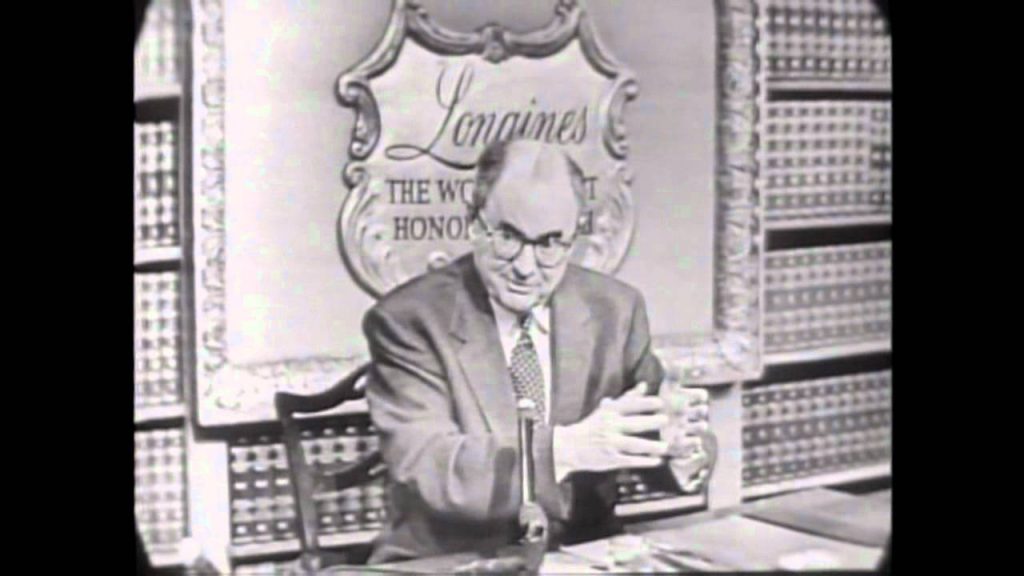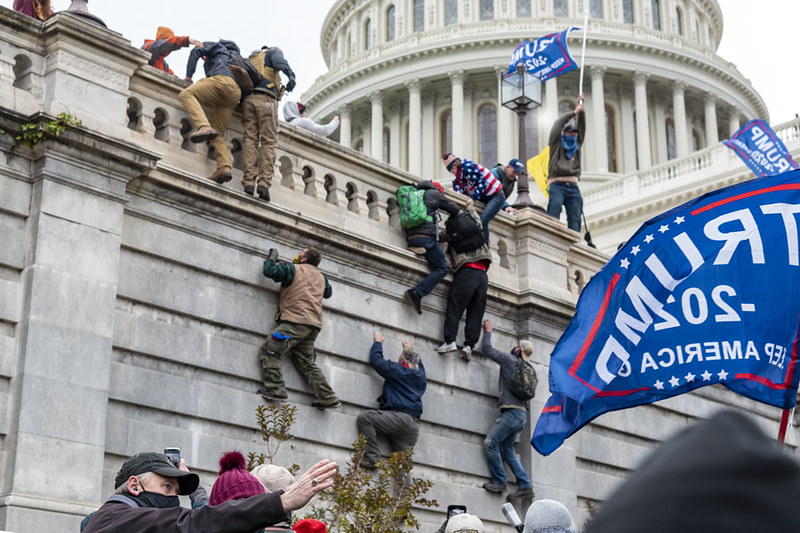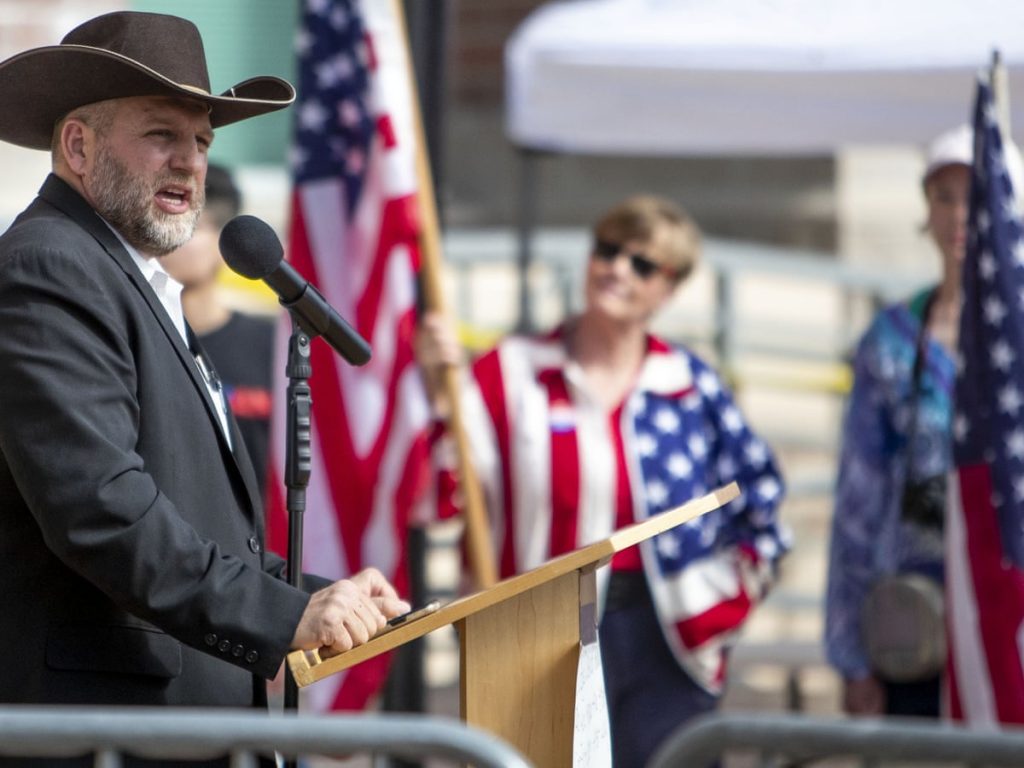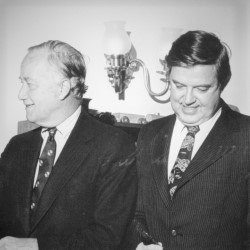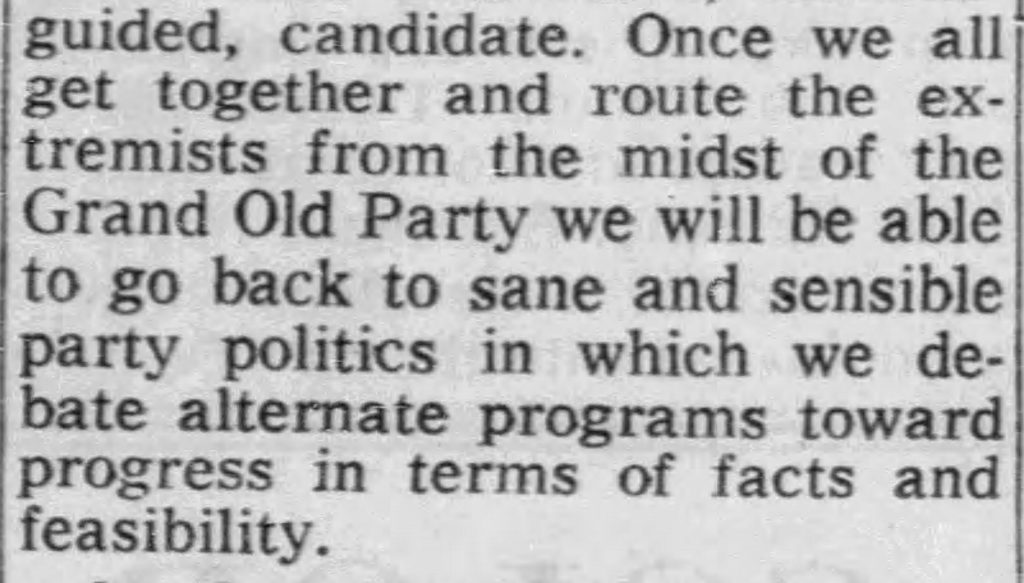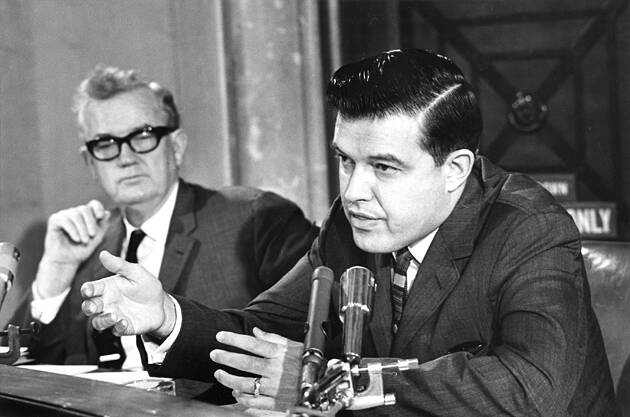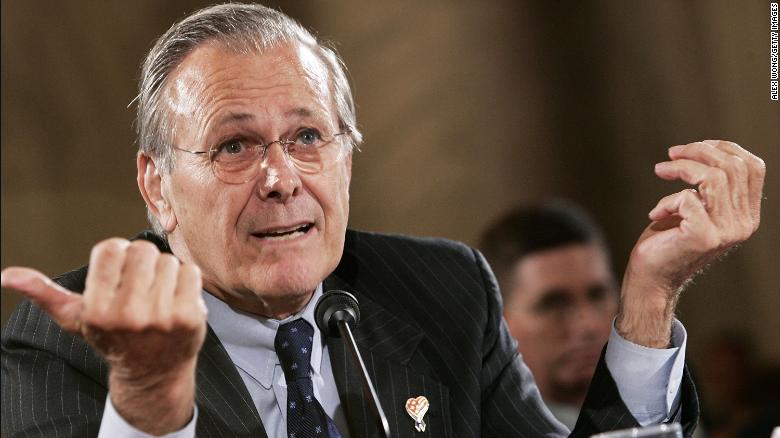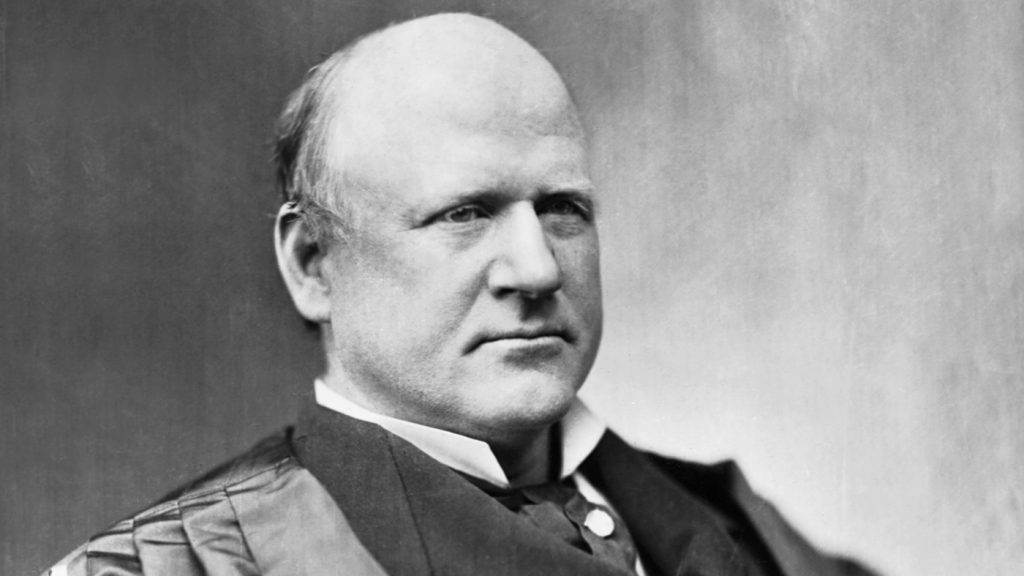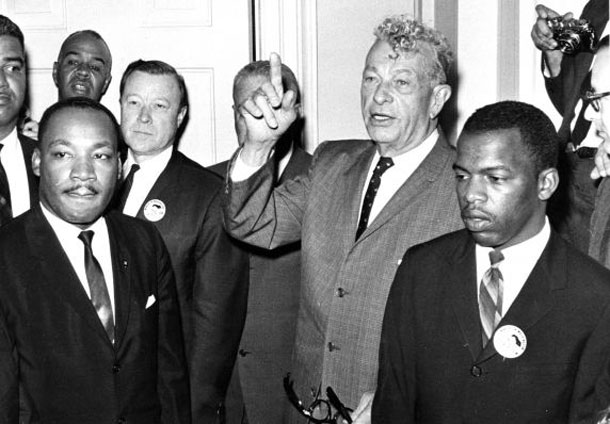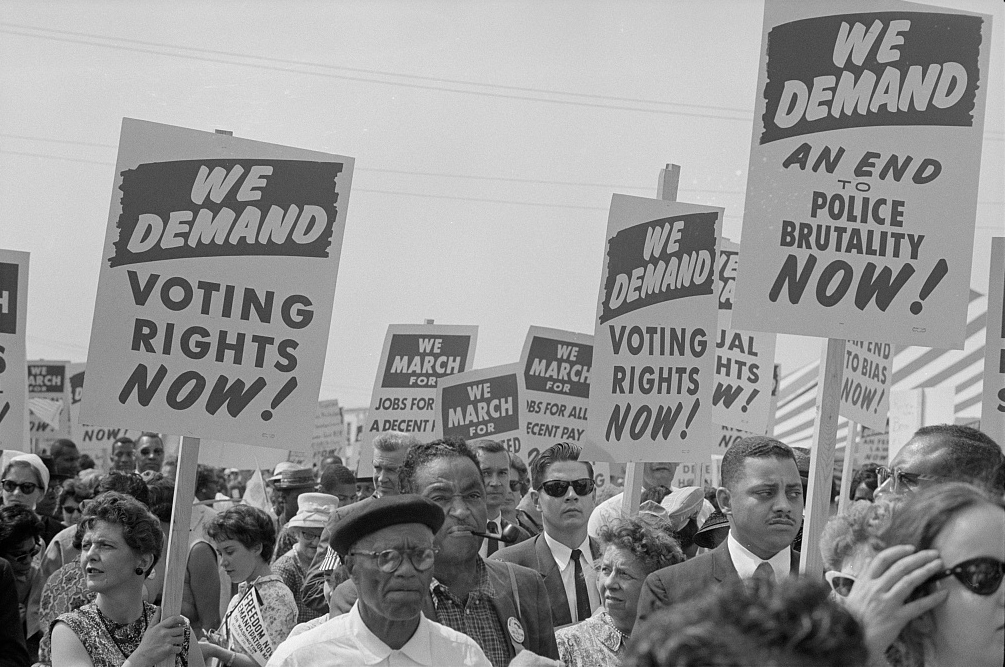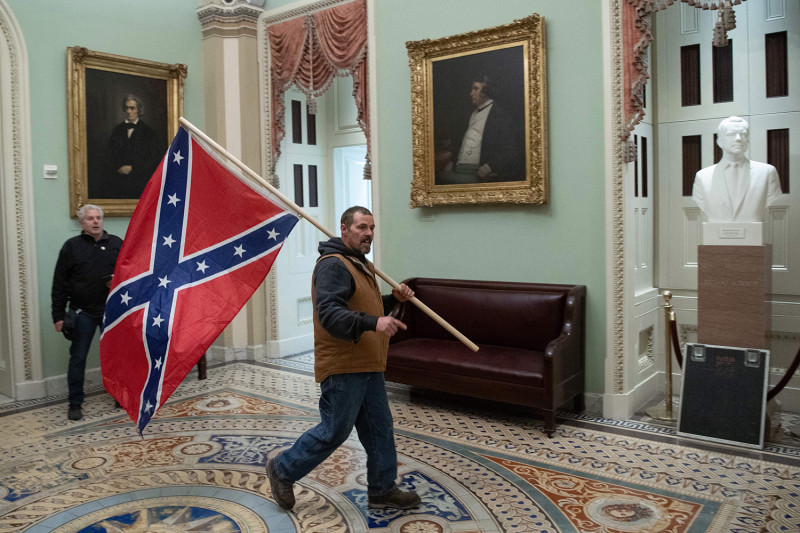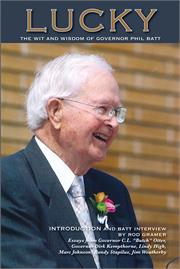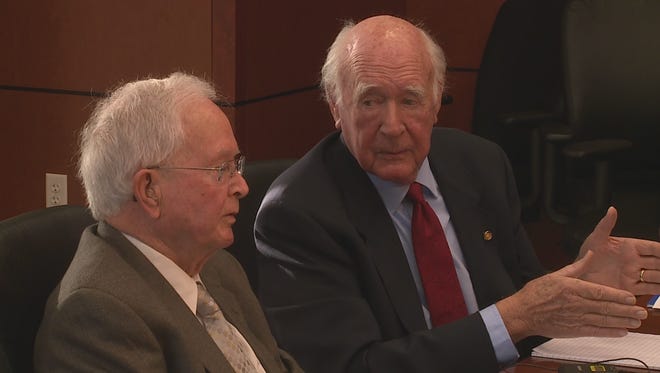In his book about the modern history of tyranny the Yale historian Timothy Snyder writes that the founders of the American experiment were “concerned that the democratic republic they envisioned would collapse.” Those founders drew on history – Greek and Roman – to contemplate “the descent of ancient democracies and republics into oligarchy and empire.”
“History does not repeat,” Snyder writes, “but it does instruct.”

The worrying, dangerous signs are all about. Pick through the headlines and you’ll find, if you care to find, lots of evidence – issues and concerns both small and large – of democratic descent that presages collapse.
Yes, it can happen here. Consider:
A rich friend of the former, and he hopes future, president was indicted this week for using his access to the highest officials of our government to advance the interest of a foreign government. Federal prosecutors characterized what Donald Trump’s pal Tom Barrack did as “extremely serious offenses based on conduct that strikes at the very heart of our democracy.” Barrack is just one of many striking at the heart of democracy.
In Albany, Oregon, a community in the Willamette Valley south of Portland, the brand-new majority on a local school board took, as Oregon Public Broadcasting reported, “a dramatic step … summarily firing a superintendent who had received positive performance reviews and whose contract had just been renewed. Perhaps more strikingly, most of them won’t say why.”
The action was apparently stimulated by “political rifts over COVID-19 and racial equity that have played out nationally.” The campaigns of the majority members of the board who engineered the firing were funded largely by money outside the community. In short: another local school board has become a hot battleground in the raging culture wars that serve to divide Americans and breed a level of intolerance that can lead to something much worse than a debate over how to teach kinds about history.
A variety of indicators tell similar stories. Significant numbers of Americans actually favor breaking the country up. Sixty-six percent of southern Republicans, according to a new poll, support “leaving the U.S. and forming a new country. Those sentiments were shared by 50% of independents and 20% of Democrats.”
Some eastern and southern Oregonians are advancing the fantasy of a “greater Idaho” that would divide the mostly rural areas of Oregon from the allegedly out of touch radicals west of the Cascades.
A climate crisis is upon us that threatens vast disruption of world food supplies and a deepening of global inequality. A pandemic rages for which a proven vaccine exists, but millions of Americans refuse to accept the science and logic that can save them from severe illness and even death.

But…but…in the midst of the division, chaos, controversy and cynicism of daily life it pays – believe me it pays – to live with someone who refuses to play the pessimism card, while still recognizing the perils we face. I’m lucky. So, taking a page from Professor Snyder’s rules for resisting tyranny – and with encouragement from the breakfast table – I offer my own six-part mini-survival guide for our troubled times.
- Refuse to be a victim. Many of the defendants facing charges for the assault on the U.S. Capitol in January are invoking the defense that the mob made them do it. Nonsense. No one is forcing you to be a political victim. It’s a choice you make. Knock it off. Democracy doesn’t settle disputes by smashing things, but by elections and compromise. You got a grievance, don’t nurse it, use the political system to work for change. Anything less is a call for anarchy, the kind that has crippled effective response to real problems in cities like Portland. Being a victim is easy. Real, responsible political change is damn hard work.
- Act on your frustrations. But do it responsibly. Give your time, treasure and talent to causes and people you agree with, but at all cost resist the comfortable impulse to support the dividers and the haters. Every town in America has a non-profit or ten that exists to feed the hungry, house the homeless, heal the sick or stimulate our souls. Get off the sidelines and get in the real game.
- Check your priors, or better yet update them. We all come to adulthood with “priors,” beliefs, notions, ways of seeing things that may or may not be valuable or even correct. Self-awareness is a powerful thing. Most of us are never more certain of what we really don’t know much about.
- Seek truth, not a validation of an opinion. This is a corollary to the previous thought. You really can find factual information if you want to. Sifting through the garbage is tiresome and demanding but remember as you search, history’s tyrants always seek to confuse and devalue objective reality. The loathsome Steve Bannon, a world-class purveyor of misinformation, said the quiet part out loud in 2018. “The Democrats don’t matter,” Bannon said. “The real opposition is the media. And the way to deal with them is to flood the zone with shit.” Don’t believe all the crap out there.
- Remember that ethics and character count – always. In our tribal society we tend to believe my side can do no wrong and your side is evil. What is commonly missing from this formulation is the fundamental democratic requirement that demands that leaders always operate within widely accepted ethical boundaries, and that they have the character to not lie to your face, enrich themselves in office or abuse their power. Without ethics and character democracy dies.
- Think about the future. We are all short timers here. What is our responsibility to the next generation and the next beyond that? Most of us won’t be remembered beyond family and friends, but let us live so as to not be remembered for making things worse, but for trying to make things better for a next generation of Americans.
A great challenge of our times is to prevent political and cultural cynicism from becoming self-fulfilling. “If you once believed that everything always turns out well in the end,” Timothy Snyder writes, “you can be persuaded that nothing turns out well in the end. If you once did nothing because you thought progress is inevitable, then you can continue to do nothing because you think times moves in repeating cycles.”
History is not destiny. It is a guide. Get off the sofa. Get in the game to preserve American democracy.
—–0—–
Additional Reading:
Some things I stumbled across this week that you may find of interest…
Mr. Justice Marshall
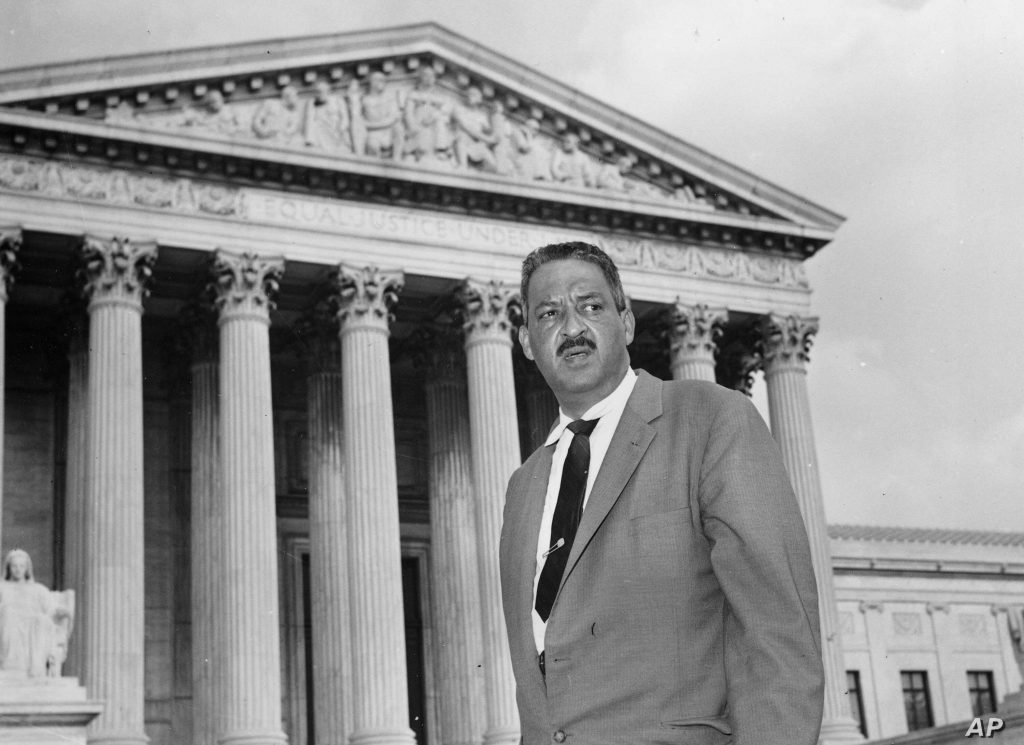
Stephen L. Carter, law professor, author of fiction and non-fiction, and law clerk to Justice Thurgood Marshall, had a great piece in The New York Times Magazine about the late, great Supreme Court justice and civil rights legend.
“Marshall was among the great storytellers, heir to an American tradition stretching back to Lincoln and beyond. He told stories to teach lessons — and also like Lincoln, he never told the same story quite the same way twice. The message was what mattered.”
Great story. Read it here:
3 Tropes of White Victimhood
I thought this piece by historian Lawrence Glickman was really terrific. He writes about rightwing personalities who knowingly or not are using the same rhetoric around race that was employed by post-Civil War politicians.
“Kilmeade, Carlson, and Robertson all blamed critical race theory, a school of legal thought developed in the 1980s that has become the latest fixation of the conservative outrage machine. But the panic they expressed has a much longer history, with roots going back to white-supremacist rhetoric from before the Civil War—and particularly apparent during the attack on Reconstruction, America’s experiment in interracial democracy that lasted from 1865 until 1877.”
Really significant history here:
I Just Learned I Only Have Months to Live. This is What I Want to Say
And, man I couldn’t get through this without a few tears. From long-time Boston Globe journalist Jack Thomas.
“After a week of injections, blood tests, X-rays, and a CAT scan, I have been diagnosed with cancer. It’s inoperable. Doctors say it will kill me within a time they measure not in years, but months.
“As the saying goes, fate has dealt me one from the bottom of the deck, and I am now condemned to confront the question that has plagued me for years: How does a person spend what he knows are his final months of life?”
It is sad and uplifting at the same time. Here is the link:
Thanks…be well. Get the vaccine.


